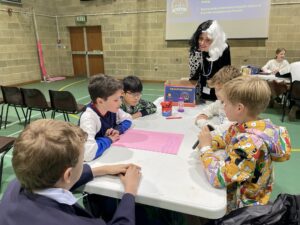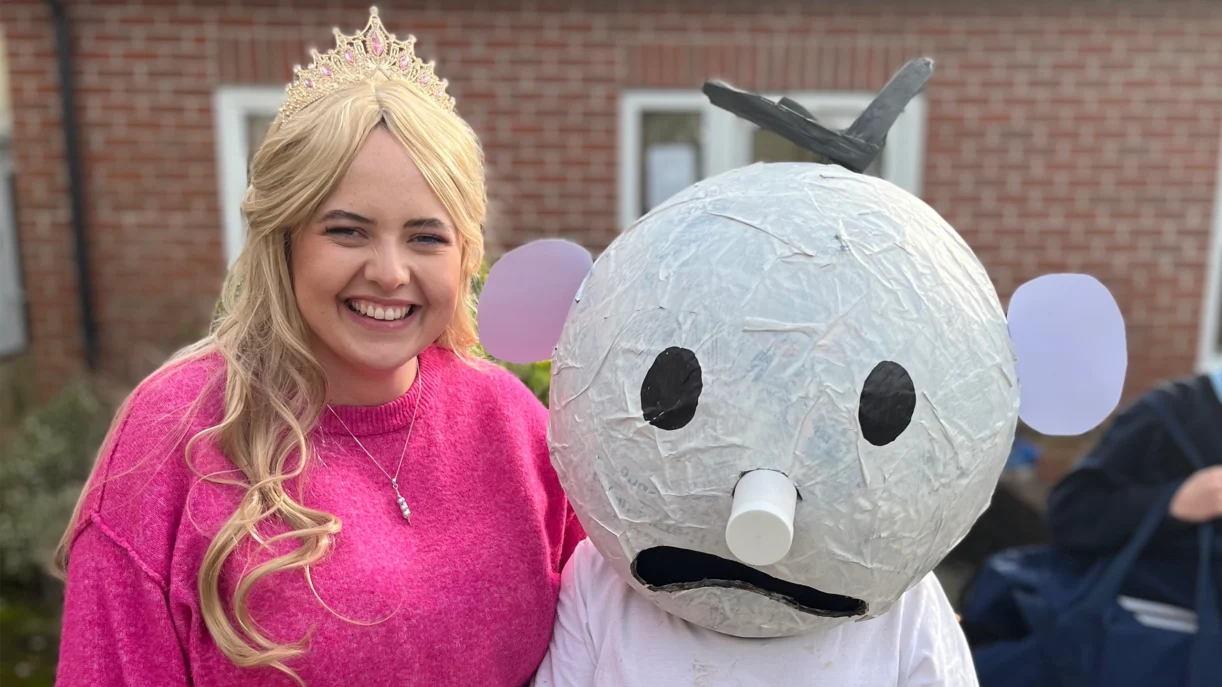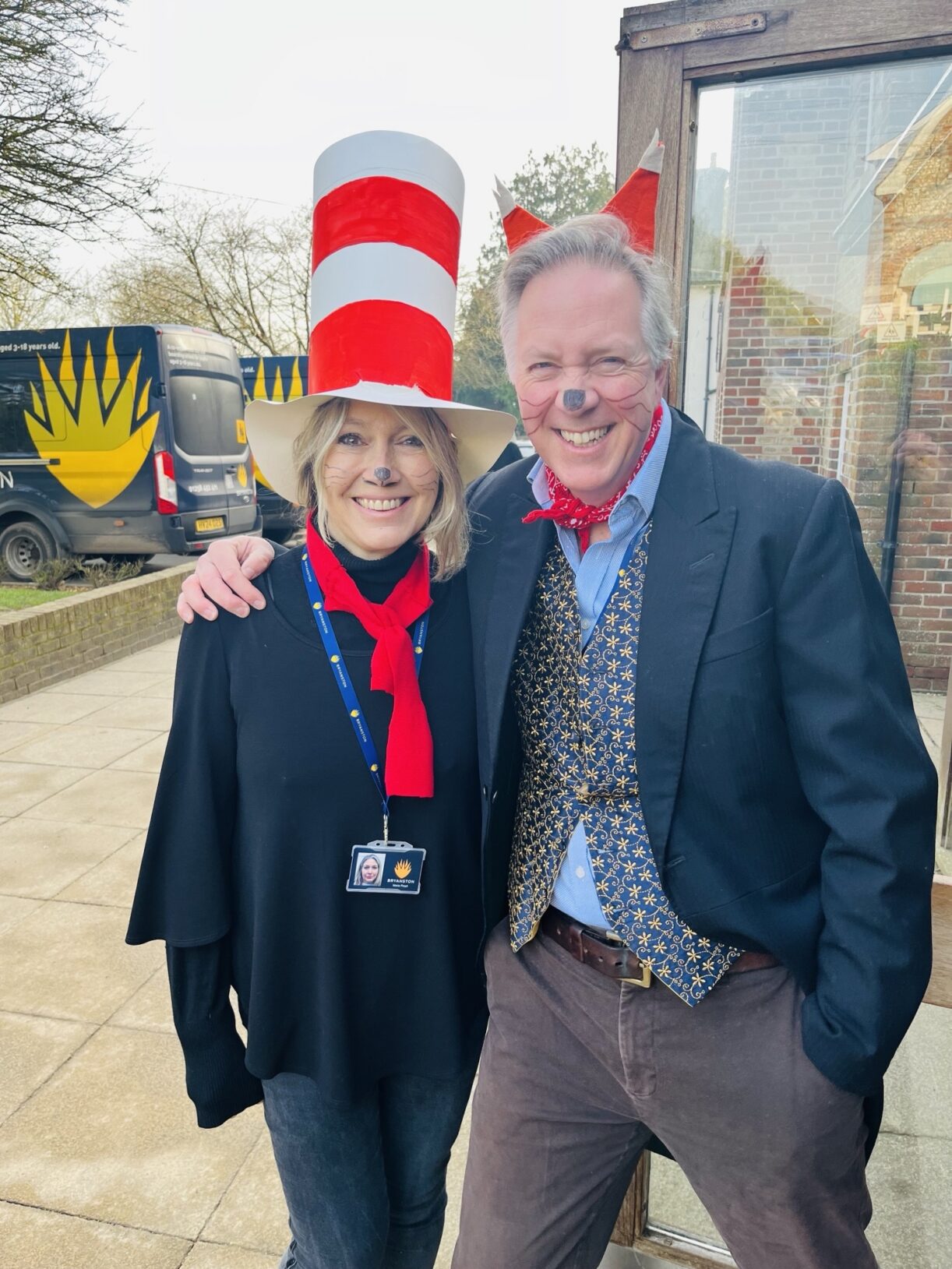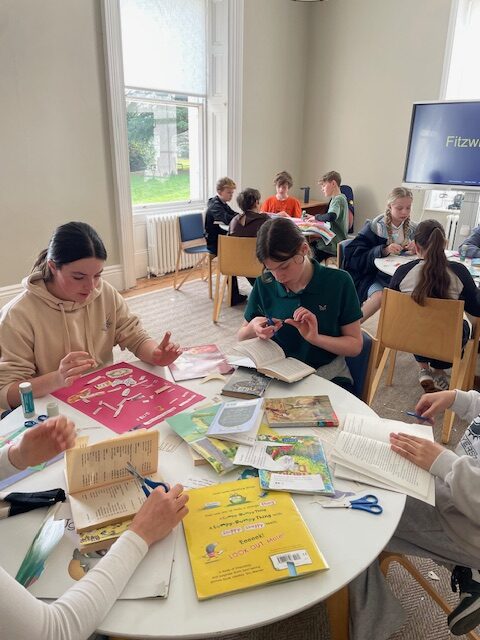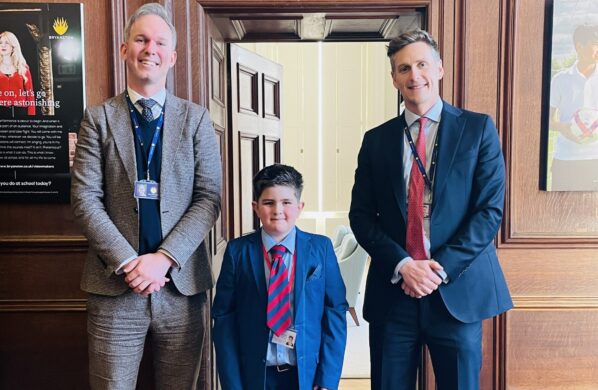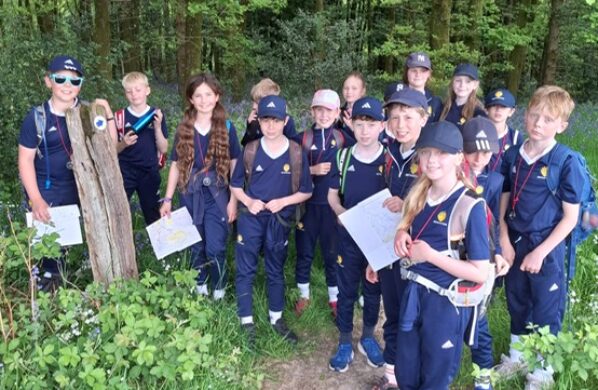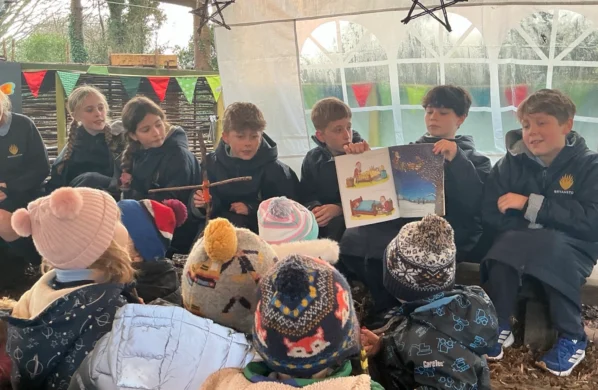Throughout the day, pupils took part in a range of engaging World Book Day activities, celebrating stories, characters, and the joy that reading brings. It was a wonderful opportunity for everyone to share their favourite books and immerse themselves in the magic of storytelling.
Head of English at Bryanston Prep, Mrs Leiper, commented: “What a fantastic World Book Day! The costumes were truly outstanding and the energy and enthusiasm that filled the JB Hall during our assembly first thing set the tone for a brilliant day of celebrating books.”
Story Writing Competition
Mrs Leiper was incredibly proud to announce the winners of our Story Writing Competition. The creativity and imagination shown in the entries were remarkable and it was wonderful to see so many pupils inspired by their love of reading and writing.
Congratulations to the following winners: Laurie and Teddy in Pre-Prep, Moss, Evie W, Eddie L and Brook in Lower Prep, and Willow, Cosmo and Olivia in Upper Prep.
Bryanston Prep Book Day Premiere
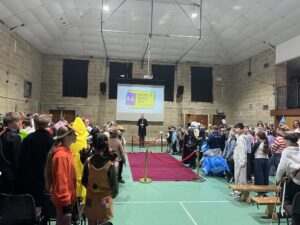 A red carpet was laid out and children from each class enjoyed strutting down and showcasing their amazing outfits. From classic characters to modern favourites, the variety and effort were incredible and it certainly felt like a true book-themed premiere.
A red carpet was laid out and children from each class enjoyed strutting down and showcasing their amazing outfits. From classic characters to modern favourites, the variety and effort were incredible and it certainly felt like a true book-themed premiere.
Mrs Leiper added: “Thank you to all the families for your support in helping the children prepare their fantastic costumes and for encouraging their love of reading. It truly helped make the day so special.”
Creative Festival
